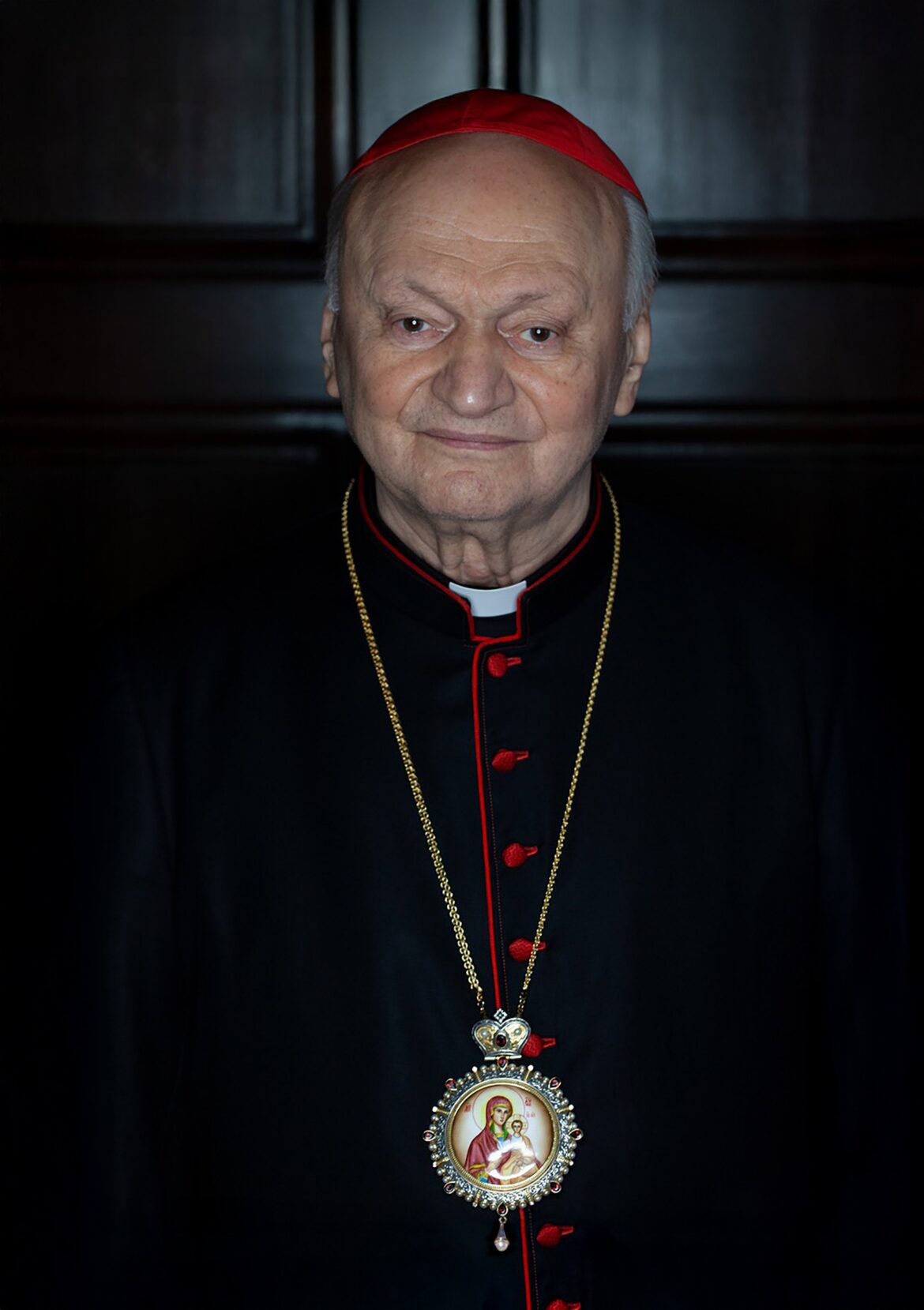VATICAN CITY (CNS) — Cardinal Lucian Muresan, major archbishop of Fagaras and Alba Iulia and head of the Romanian Greek Catholic Church, died Sept. 25 at the age of 94.
Much of the cardinal’s seminary education, his ordination and his early ministry took place in secret because Romania’s communist government banned the Greek Catholic Church in 1948.
He was born May 23, 1931, in Ferneziu, Romania; he had 11 brothers and sisters.
In 1955, a Latin-rite bishop allowed the future cardinal and four other young Greek Catholic men to enter the Latin-rite seminary of Alba Iulia. But in his fourth year of studies, the government expelled him and placed him under police surveillance. For the next decade, he worked in road and bridge maintenance while pursuing clandestine theological studies.
In December 1964, he was secretly ordained a priest in the basement of a building in Cluj, Romania, and for decades he carried out his ministry clandestinely.
In 1986, he became the clandestine leader of the Eparchy of Maramures, according to Vatican News. Communism collapsed in 1989, and the Romanian Greek Catholic Church emerged from the underground.
In 1990, the synod of the newly freed church elected him bishop of Maramures, and St. John Paul II gave his assent. Since the cathedral had not yet been returned to the church, he was ordained a bishop outdoors on the terrace of the Romanian Soldier’s Monument in Baia Mare.
In 1994 he became the archbishop of Fagaras and Alba Iulia. Recognizing the rebirth and vitality of the once-persecuted Romanian Greek Catholic Church, Pope Benedict XVI elevated its status to that of a major archbishopric in 2005 and recognized then-Archbishop Muresan as the major archbishop.
A major archbishop has authority similar to that of the Eastern Catholic patriarchs, and the key decisions of their churches, including the election of bishops in their home territories, is made by their synods of bishops.
Pope Benedict made the archbishop a cardinal in 2012.
His death leaves the College of Cardinals with 247 members, 128 of whom are under the age of 80 and eligible to enter a conclave.




